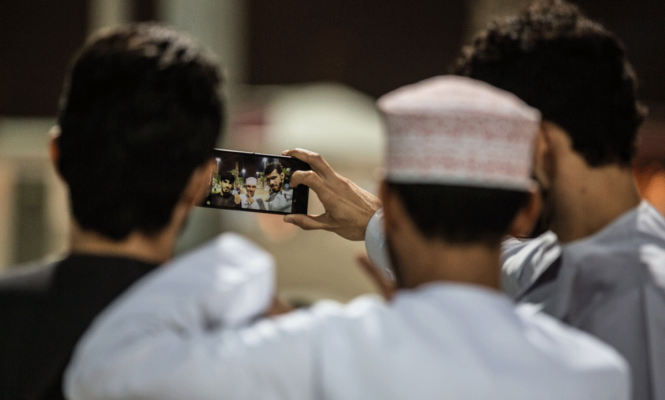Muslim Youth and the Digital Dilemma: Between Empowerment and Confusion
Faith and identity cannot be built on shaky foundations of algorithms and influencers.
In today’s interconnected world, Muslim youth are spending more time online than in classrooms, libraries, or community gatherings. From YouTube lectures to Instagram reels, digital platforms are shaping how they think, what they believe, and even how they see themselves. This transformation is both empowering and alarming, because like every powerful tool, the digital age cuts both ways.
On the brighter side, the opportunities are immense. A teenager in Mumbai can instantly tune in to a lecture delivered by a scholar in Cairo. A budding entrepreneur in Karachi can build a business empire using nothing more than a smartphone and an Instagram page.
Writers, poets, and artists are finding global audiences for their creativity, connecting across borders in ways unimaginable a generation ago. For many young Muslims, the digital age has opened new doors to knowledge, economic independence, and cultural exchange.
But the same platforms that connect and inspire also confuse and misguide. Fake news spreads faster than the truth, manipulating emotions in the name of religion, politics, or identity. Extremist voices find a stage, targeting vulnerable young minds who seek certainty in a chaotic world.
Meanwhile, social media’s culture of comparison—where influencers flaunt curated versions of their “perfect lives”—creates feelings of inadequacy and insecurity. The result is a generation that feels more connected globally, but often lonelier and more confused within themselves.
This paradox highlights the urgent need for balance. Muslim families, educators, and community leaders cannot simply dismiss or ban digital media—it is already an inseparable part of young people’s lives. Instead, they must cultivate digital literacy. This means equipping youth with the ability to question, verify, and filter what they see online. A shared video, a viral post, or a trending hashtag must not replace critical thinking or informed judgment.
For young Muslims in particular, the stakes are high. Social media is not a teacher, though many treat it as one. The online world can offer inspiration and information, but real learning comes from verified knowledge, personal reflection, and community interaction.
Faith and identity cannot be built on shaky foundations of algorithms and influencers. They require the stability of wisdom, mentorship, and lived experience.
The Qur’an itself provides timeless guidance in this regard: “Do not pursue that of which you have no knowledge” (17:36). In today’s digital ecosystem, this verse is a powerful reminder. Not everything that appears on a screen is true, not every opinion deserves to be amplified, and not every influencer should be followed. Knowledge must be rooted in truth, not in popularity.
The responsibility lies with both the individual and the community. Parents must create safe spaces at home for conversations about online experiences. Schools and universities must include digital literacy in their curricula. Religious leaders must embrace technology, using it to spread authentic and balanced perspectives that resonate with the youth. Instead of abandoning the digital battlefield to extremists and entertainers, communities must step forward and provide meaningful alternatives.
Ultimately, the digital world is not going away. Its influence on Muslim youth will only deepen with time. The real question is whether it will be a force of empowerment or a source of confusion. If guided wisely, it can shape a generation of confident, informed, and creative Muslim leaders. If left unchecked, it risks producing a generation swayed by misinformation, insecurity, and superficiality.
The choice, then, is not just in the hands of young Muslims, but in ours as a community. We must lead with clarity, compassion, and foresight—so that when our youth scroll through endless feeds, they find not only distraction, but direction.

